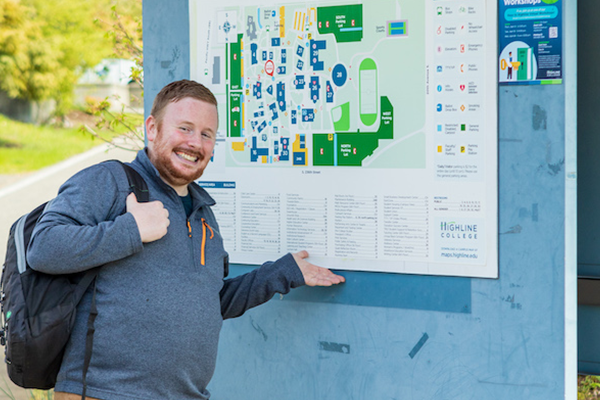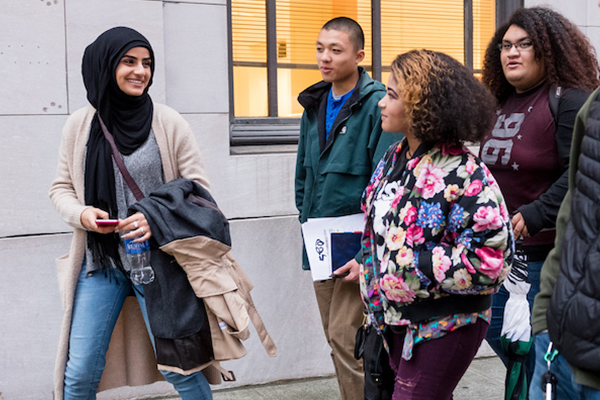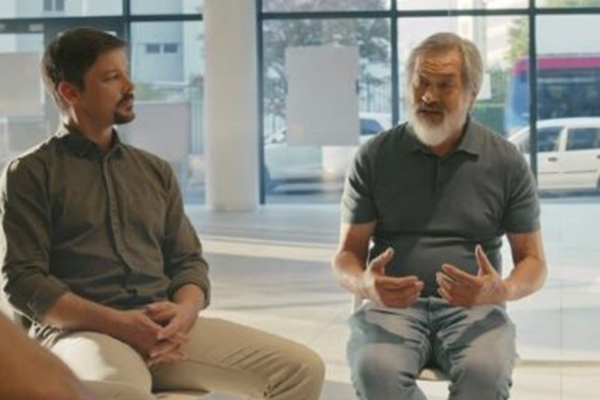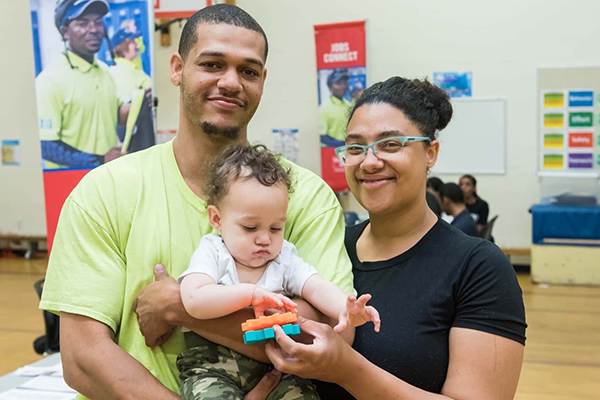Shaping Policies That Work For Everyone
Every year, we push for legislation that helps our communities thrive—focusing on equity for Black, Indigenous, and other communities of color. Check out our 2026 policy agenda and explore past efforts in our archive.
Why Do We Work on Policy?
We’re here to break down the systems that fuel economic, racial, gender, and social disparities in our communities. That means fighting for laws that create real equity and opportunity for everyone. For example, in 2024, we successfully petitioned for a budget that invested $115 million for childcare and early learning programs—boosting provider rates and reimbursements, supporting working parents, and ensuring kids have the opportunities they need to succeed. It’s an investment in families, equity, and the future of our state’s economy.
How Do We Do the Work?
We believe that change must be driven by listening to the needs and solutions identified by the people closest to the issues. That’s why we center voices from communities of color in creating our investment strategies and in developing our advocacy agendas.

Together with the communities we serve, we meet with local, and state elected officials, and members of Congress—during and outside legislative sessions. (Want to find your legislators? Click here.)

We also participate in coalitions and advocacy groups that meet with legislators and lobbyists so we can learn from each other about the latest work.
We call on lawmakers to ensure adequate funding streams to proactively create equitable access to a high quality of life and resources for all people.
Advocacy in Action

We advocated for the passage of the Postsecondary Basic Needs Act. This is a crucial step toward supporting students’ pursuit of higher education. The act mandates that each institution of higher education has at least one benefits navigator on campus to assist students in accessing public benefits, emergency assistance programs, and community resources. United Way’s Bridge to Finish Benefits Hubs were used as the model and proof of concept for this legislation.
We advocated for funding for the state Open Doors Youth Re-engagement program. The move mandates funding for 12-month student re-engagement statewide and a pilot program in King County for barrier reduction funding, two priorities that United Way has advocated for over the past five years.


We advocated for Proposition 1 for Behavioral Health. With this special election ballot measure, King County voters approved funding five new regional crisis centers that will provide 24/7, walk-in access to behavioral health services regardless of insurance status.
Advocated for expanding Community Eligibility Provisions. The Community Eligibility Provision allows the nation’s highest-poverty schools and districts to serve free meals to all enrolled students without collecting applications. Washington’s statewide expansion enabled 92,000 additional Washington students from low-income areas to receive free meals every school day.


Advocated for the passage of the Washington Working Families Tax Credit. This tax credit will provide yearly cash payments of as much as $1,200 to 400,000 low-to-moderate income households in Washington state. As of 2023, about 180,000 families benefitted from the more than $90 million in Working Families Tax Credit deductions. The tax credit is a much-needed boost, particularly for the state’s communities of color who disproportionately have lower incomes due to racist policies that have prevented them from building wealth.
